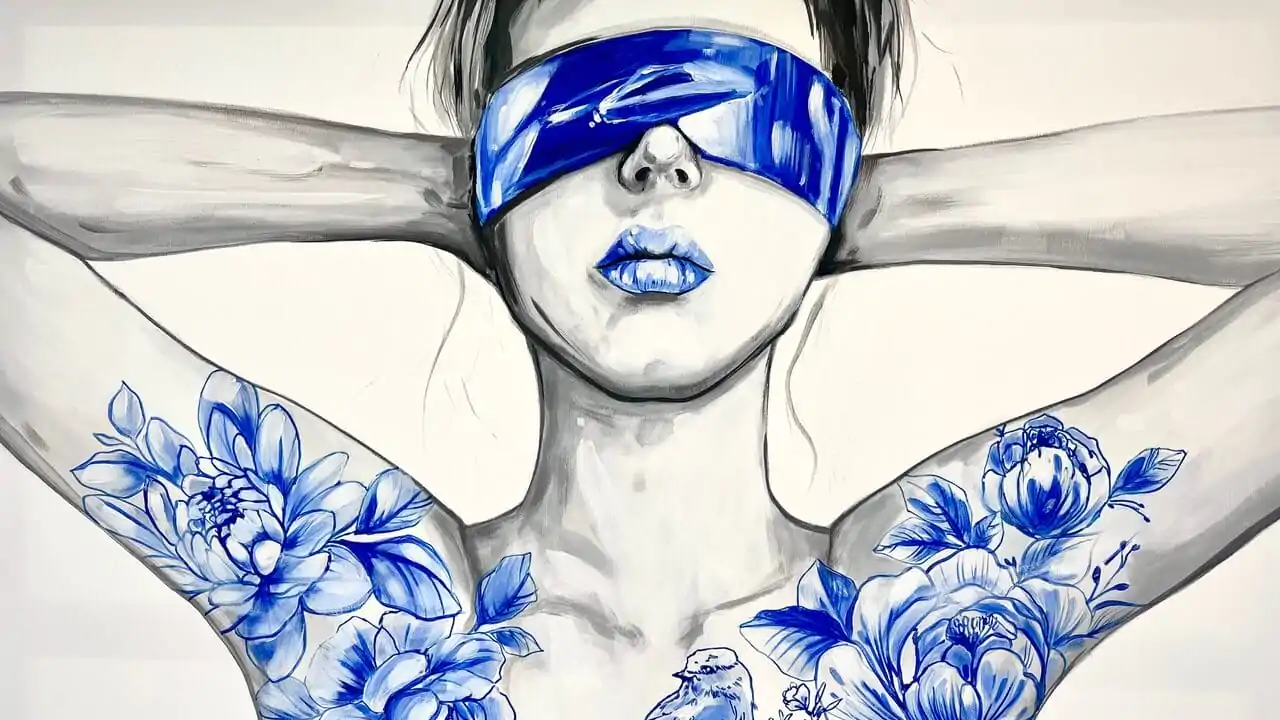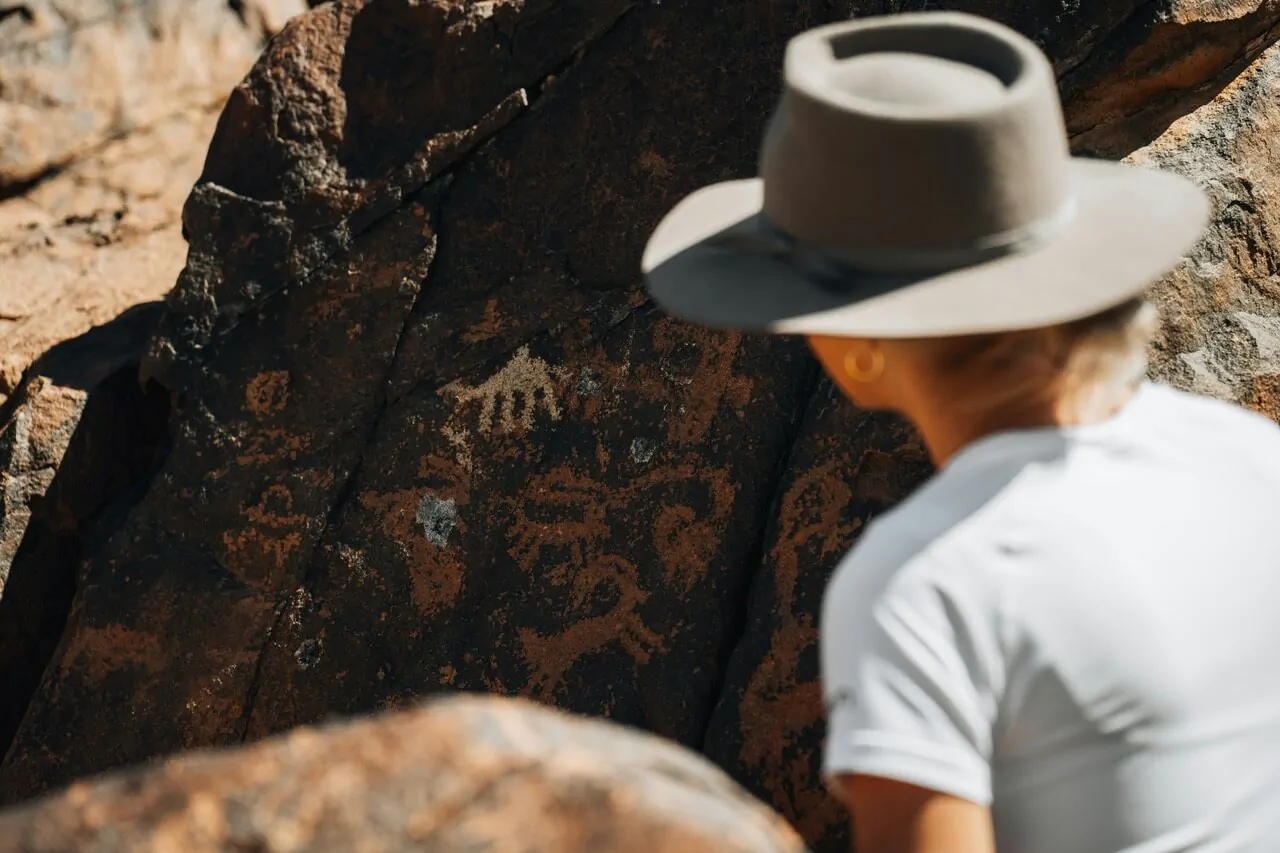Freedom by Edward Stachura
Edward Stachura’s freedom seems to have been priceless to himself. He proved it by writing, living and dying. The materials developed by Pachocki, which we can now access, include. The researcher’s edited “Letters to Writers,” “Letters to Danuta Pawlowska,” and the two-volume “Diaries: travel notebooks,” all by Edward Stachura. They are a valuable complement to the previously published prose and poetry of the author of “Siekierezada,” allowing a better understanding of both his legacy and the figure of the artist, often counted among one of the post-war “poets cursed,” and at the same time so isolated and original in his artistic choices.
Snared by a stereotype
More than 40 years have passed since the death of Edward Stachura. His debut volume of short stories, “One Day,” quickly found an enthusiastic audience. However, the writer also did not escape polemical and critical comments, as well as misunderstanding, which resulted in a number of stereotypical assessments. Many of them survive the creator himself, attributing to him in the eyes of future readers the role of “God’s simpleton” or “Saint Francis in jeans.” Such judgments resulted primarily from a cursory reading, a misunderstanding of certain literary procedures, and sometimes a programmatic aversion to texts that did not fit into the ideal of man and citizen promoted at the time. Beyond any doubt, the literary subject of the author of “All Brightness” is someone who was unwilling and unable to submit to both the conventions imposed by society and the inevitability of the end of existence. The result of this contestation will be the transformation that not only his character undergoes, but also Stachura himself. Increasingly distancing himself from people, he embarks on a path as a man-nothing, on which he seems to find meaning and peace for a while. Edward Stachura’s freedom is gaining momentum here.
Gentle rebel
This is how the writer defined himself, adding that he felt he was a rebel of the mildest possible kind, but nevertheless extreme, uncompromising in life and in art. Betting on “extremity”, he did not recognize half-measures, and rebelled against appearances and hypocrisy. And although he protested as persistently as unsuccessfully against the formula of “life-writing” imposed on him, linking his existence and work in a supposedly inseparable way, in his short stories and novels he equipped the narrator-hero with a number of authorial qualities, so it is hardly surprising that readers followed such an obvious lead.

Stachura in the 21st century
If Sted, as some friends called him, had lived to 2021, he would now be 84 years old. It’s probably not easy for his readers to imagine him at that age – although he interrupted his life, being over forty, we remember him as a boy with a backpack and a guitar, someone who highly valued his own physical fitness and rebelled not only against death, but also against the inevitable aging process. Edward Stachura’s freedom was of paramount importance to him. At the same time, however, he was able to experience the beauty of almost every ongoing moment, something that textbooks, workshops, courses and sessions aimed at helping modern people achieve mental well-being have been trying to teach us for decades, with better or worse results.





